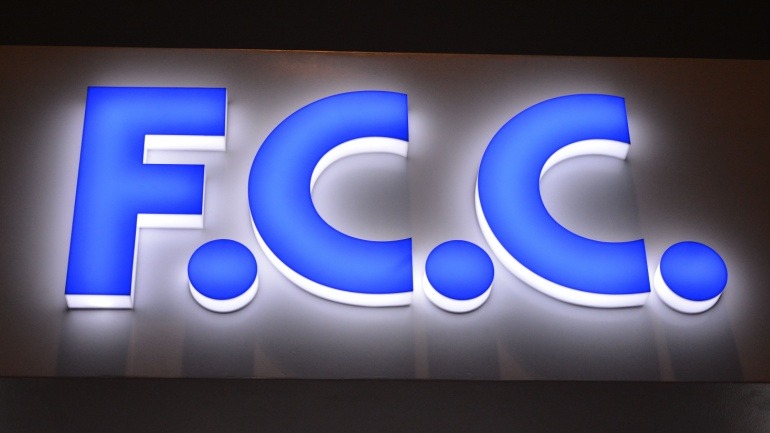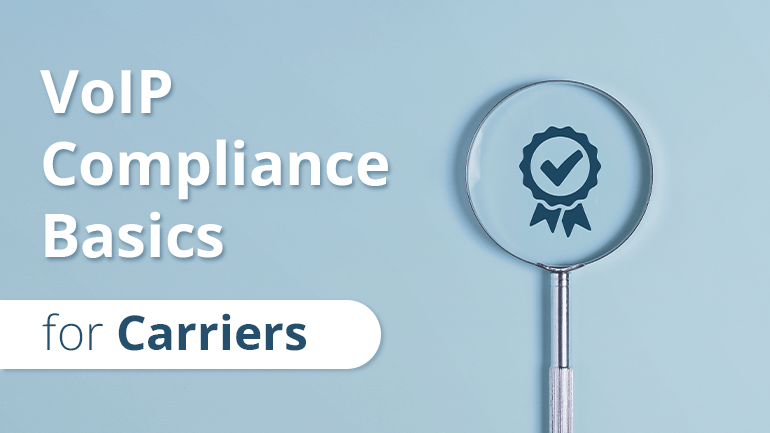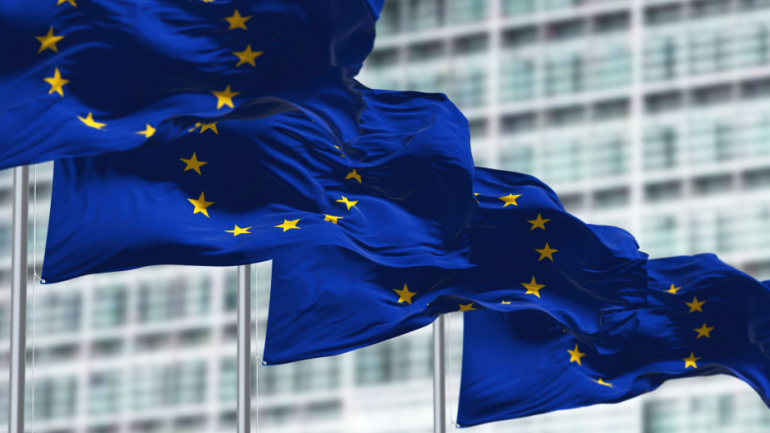India has introduced strict satellite communication regulations to bolster national security and attract global players. Key mandates include data localization, domestic infrastructure sourcing, and compliance with GPS alternatives. Giants like Starlink and OneWeb must align with these rules as India asserts control over its fast-growing satcom and satellite IoT sectors.
The FCC’s “Delete, Delete, Delete” initiative is set to revolutionize the telecommunication landscape, impacting VoIP and fostering innovation by eliminating outdated regulations. Led by Chairman Brendan Carr, this move targets reducing regulatory burdens, encouraging VoIP engineers and IT professionals to engage actively in shaping a more efficient regulatory framework.
Regulatory compliance is crucial for VoIP carriers to ensure the delivery of reliable communication services. Non-compliance can result in severe penalties, loss of licenses, and reputational damage. This article provides an overview of key regulations, such as data protection and emergency services, that carriers must navigate to operate legally and protect consumers.
Tower Semiconductor and Adani Group are collaborating to build a $10 billion chip facility in Maharashtra, India. This ambitious project aims to boost domestic production of analog circuits and wafers, with initial output set at 40,000 wafers per month. Once fully operational, the plant will create over 5,000 jobs and enhance India’s semiconductor market presence.
Businesses using VoIP must navigate complex regulations to ensure compliance. Key areas include licensing, security, data protection, emergency services, and international laws, making regulatory adherence crucial for safe and effective VoIP usage.
The new Artificial Intelligence (AI) Act in the European Union heralds a comprehensive regulatory framework for AI development and usage, with major provisions taking effect by August 2024. Central to VoIP technology, the Act categorizes AI systems by risk levels, implementing stringent regulations for high-risk categories, ensuring security and transparency in AI-driven communications.
In a recent development, the Japanese government has passed a significant amendment to longstanding telecom regulations, marking a pivotal moment for NTT, the country’s telecom giant. The amendment, announced by NTT on Wednesday, encompasses several key changes, including the liberation from R&D information sharing obligations and the allowance for non-Japanese directors on its board.
In a stark warning delivered at a regional investment banking conference in Tallinn, Estonia, Ericsson CEO Börje Ekholm highlighted Europe’s precarious position in the global telecom arena. Emphasizing the urgent need for regulatory reform and innovation prioritization, Ekholm cautioned that Europe’s telecom industry is trailing far behind its counterparts in the US, China, and India.
As debate swirls around potential alterations to EU telecom sector merger regulations, European Commissioner Margrethe Vestager maintains her stance. Even with industry pressure for a shakeup due to challenges like 5G rollouts and shrinking profit margins, she insists on preserving existing rules.
Despite Europe’s stride towards a digitally advanced future, the current uptake of 5G stands at only 2.5%. This stands in stark contrast to how tech giants like North America, China, Japan, and South Korea are faring. While European market figures on Fibre-to-the-Home (FTTH) appears promising, various challenges, including recent antidumping measures, have stymied progress and exacerbated the digital divide.












